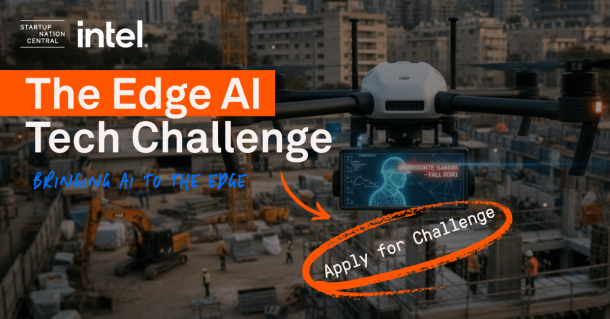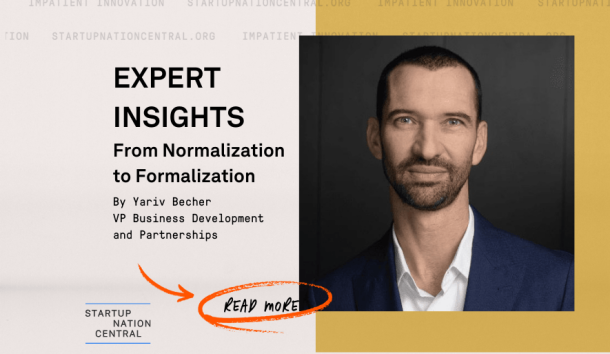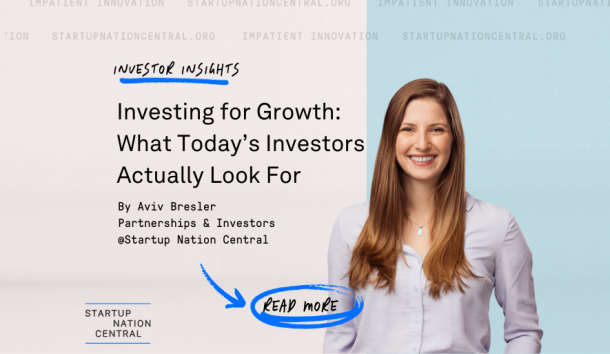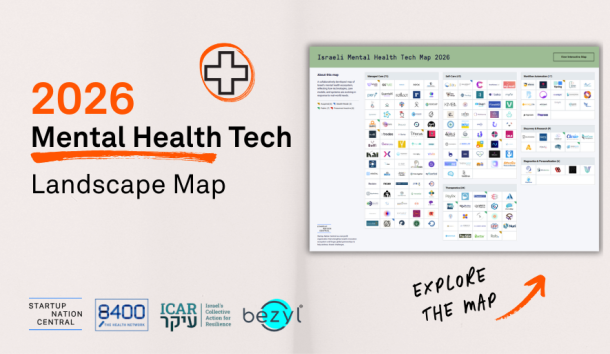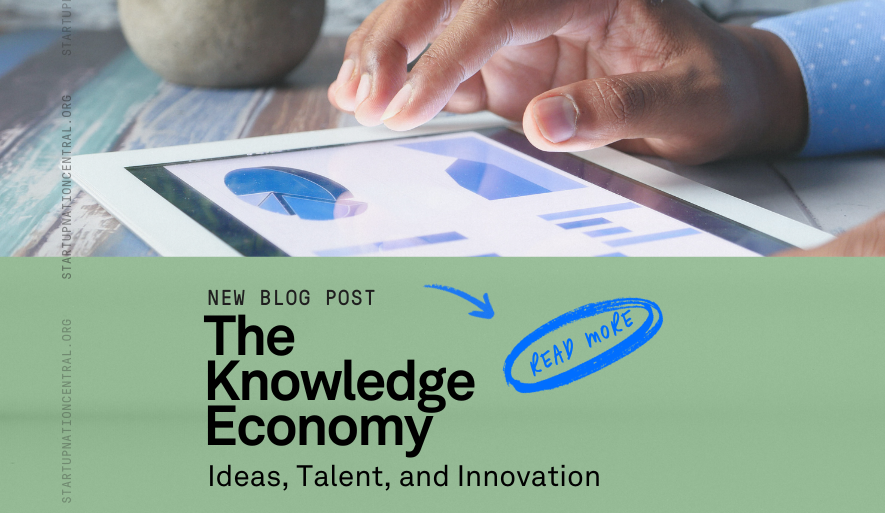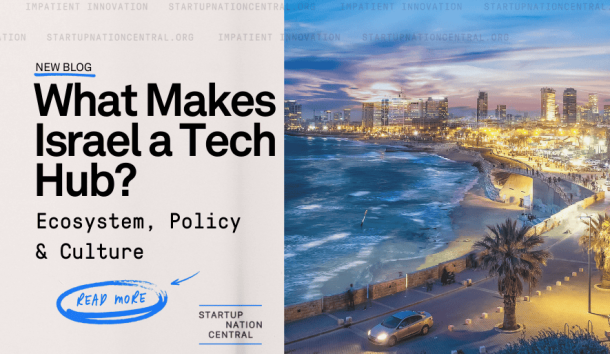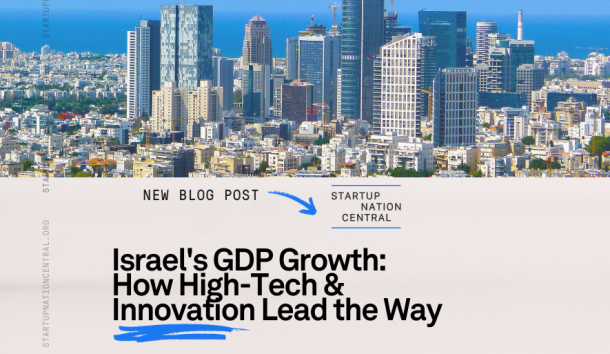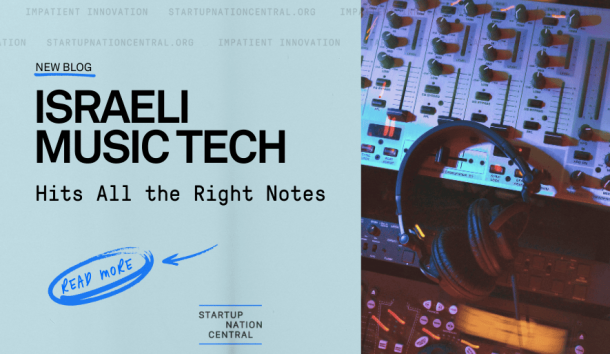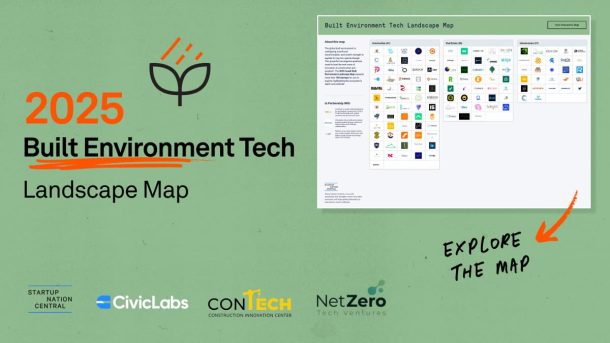Today, more than ever, we live in an economy powered by ideas, expertise, and data. The term knowledge economy is central to understanding how global markets evolve. While the industrial economy was built on machines, raw materials, and mass production, the knowledge economy thrives on intellectual capital, creativity, and continuous innovation.
What Is the Knowledge Economy?
The knowledge economy is an economic model where value creation, growth, and productivity stem primarily from knowledge, especially in science and technology. Instead of relying on physical assets, the knowledge economy depends on human capital, information, and technical capabilities.
This global shift began in the late 20th century, accelerated by digital transformation, the rise of service-based industries, and the proliferation of connected technologies. Today, it shapes every sector, from finance and healthcare to education, agriculture, and energy. In this model, how a country or company manages and mobilizes knowledge often determines its competitiveness.
Core Drivers of the Knowledge Economy
Several foundational elements drive the growth of the knowledge economy:
- Human Capital: Countries that prioritize education, technical skills, and lifelong learning are positioned to lead
- Digital Infrastructure: Data access, broadband, and cloud platforms make it possible to generate and scale ideas efficiently
- Innovation Ecosystems: Startups, universities, research centers, and accelerators form dynamic environments where new ideas are tested and commercialized
- Global Connectivity: The internet eliminates borders, enabling knowledge-based collaboration across regions and time zones
- Intellectual Property: Patents, copyrights, and IP rights protect innovation and incentivize further development
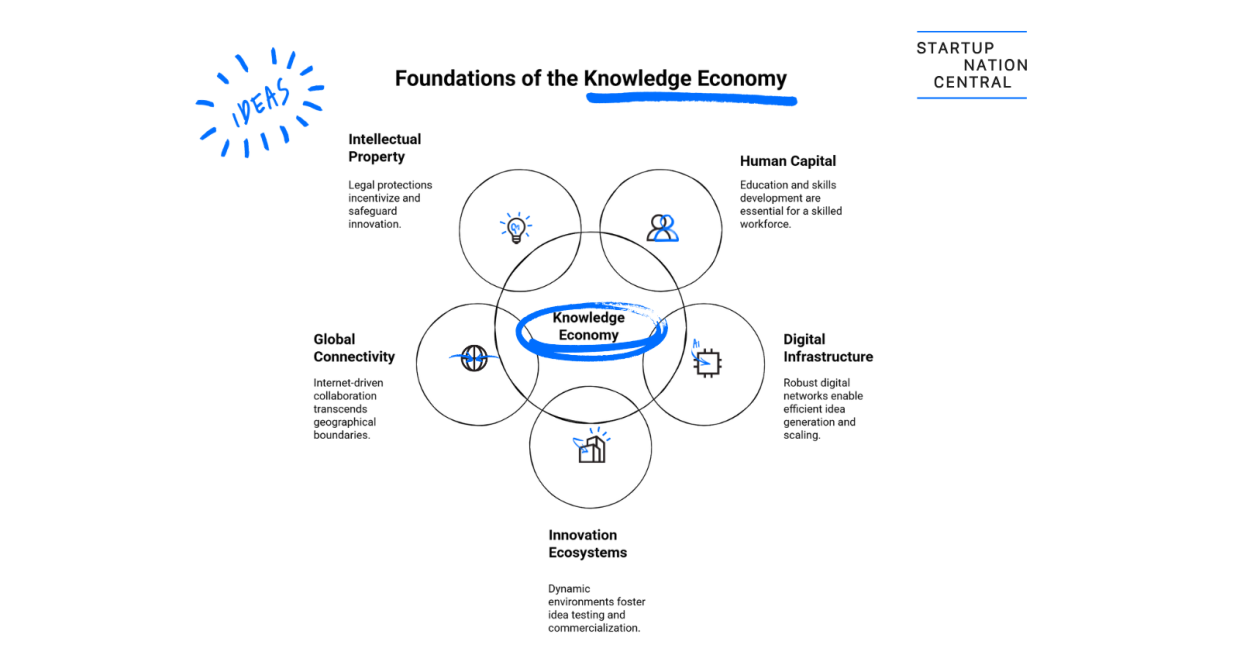
Why the Knowledge Economy Matters
The knowledge economy is better suited to meet the demands of a fast-moving, interconnected world. It creates higher-value jobs, attracts global capital, and enables entrepreneurship at scale.
For individuals, it opens access to remote work, digital entrepreneurship, and careers built on specialization rather than traditional credentials. For companies, success is increasingly tied to adaptability, creativity, and the ability to attract and retain talent.
Startups are the Engine of the Knowledge Economy
Startups are at the center of the knowledge economy. They are often built around a novel insight or technological advantage and rely on talent, IP, and agile operations instead of physical infrastructure. Whether in artificial intelligence, biotech, or software platforms, startups apply knowledge to solve global challenges.
Their feedback loops, from research to commercialization, are short and fast. The startup model rewards experimentation and interdisciplinary collaboration, which are essential features of a thriving knowledge-driven environment.
Israel: A Real-Time Case Study in the Knowledge Economy
Israel stands out as a country that has fully embraced the knowledge economy. With limited natural resources and a population under 10 million, it has built one of the world’s most active and resilient innovation ecosystems. The Israeli approach integrates education, business, defense, public policy, and entrepreneurship into a cohesive model that turns knowledge into economic power.
- More than 7,000 active tech companies, with over 1,600 in health and life sciences
- $3.2 billion in private tech funding in Q1 2025, a 12% increase from the previous quarter
- $35.7 billion in M&A activity in Q1 2025, including Google’s $32 billion acquisition of Wiz
- $1 billion raised by public tech companies in Q1 2025, more than all of 2024
- 450 multinational R&D centers, with 90 percent of tech investment coming from foreign entities
Israel’s performance during challenging periods highlights the strength of its knowledge economy. From October 2023-June 2025, the tech sector raised over $12.5 billion, closed 116 M&A deals, and launched more than 20 new investment funds to support early-stage growth.
Policy, Talent, and Culture
Israel’s knowledge economy is powered by strong public-private collaboration. Programs from DDR&D (Mafat) and the Israel Innovation Authority, including MAGNET and the Incubator Program, reduce R&D risk and support commercialization. During crisis periods, tools like Startup Shield SPV help bridge capital gaps.
Military service in elite tech units such as Unit 8200 develops advanced skills in cybersecurity and data science. Many alumni go on to found or scale startups. Universities maintain strong commercialization pipelines through technology transfer offices, creating a steady flow of IP-driven ventures.
Global companies are investing accordingly. NVIDIA now employs 13% of its global workforce in Israel, leading development on critical AI infrastructure. Apple is expanding its Jerusalem presence, focused on chip design and hardware innovation.
Innovation already accounts for more than 50% of Israel’s exports and 20% of GDP. In 2024, while the broader economy contracted by 1.5%, the high-tech sector grew by 2.2%. This divergence shows the value of a resilient and scalable knowledge economy.
Strategic Focus Areas
Israel’s strengths are concentrated in sectors that align with global priorities:
- Health Tech: Driven by decades of digitized national health records and strong clinical validation pathways
- Climate Tech: Advanced by organizations like PLANETech and supported by dedicated public funding
- Agri-Food Tech: Leaders in alt-proteins, precision irrigation, and solutions for sustainable global food supply
Competing in the Knowledge Economy
For any country or company aiming to compete, the roadmap is clear. Invest in talent, infrastructure, and innovation capacity. Align education with future skills, support applied research, and build policies that reward experimentation.
For businesses, staying competitive means cultivating a culture that supports knowledge sharing, continuous learning, and talent mobility. Internal upskilling programs and open collaboration tools are now strategic assets.
Governments must focus on digital inclusion and participation in global innovation networks. Connecting local expertise to international markets is one of the strongest predictors of long-term performance.
The Road Ahead
The knowledge economy is already shaping how countries grow, how companies lead, and how individuals work. It is creating new advantages and new gaps. Those who adapt fastest will define the next wave of global growth.
Israel’s story proves what happens when policy, talent, and technology work in synergy. We call this Impatient Innovation. For others, the challenge is not whether to join the knowledge economy, it is whether they can keep up.
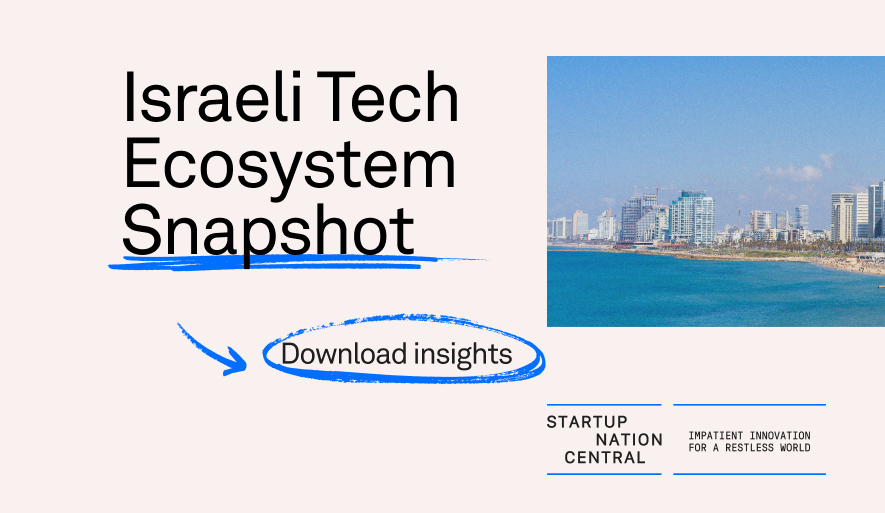
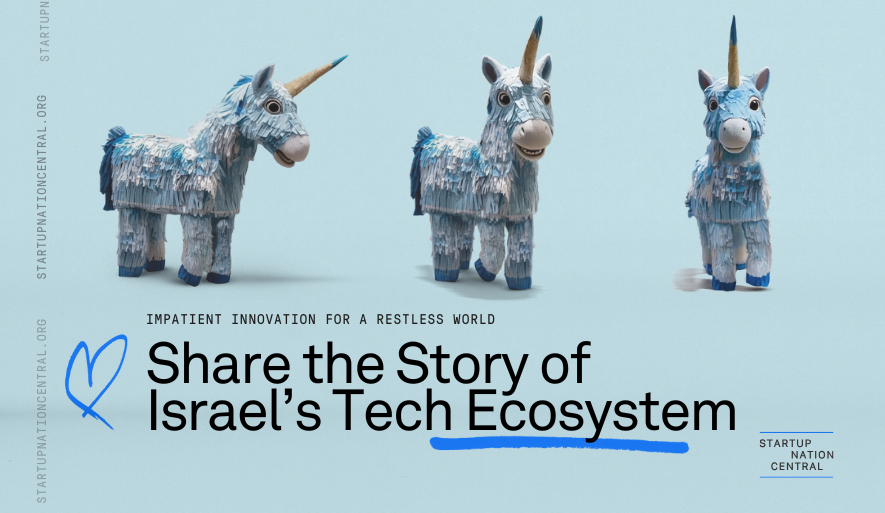
 Tech Ecosystem
Tech Ecosystem Human Capital
Human Capital Focus Sector
Focus Sector The Health Network
The Health Network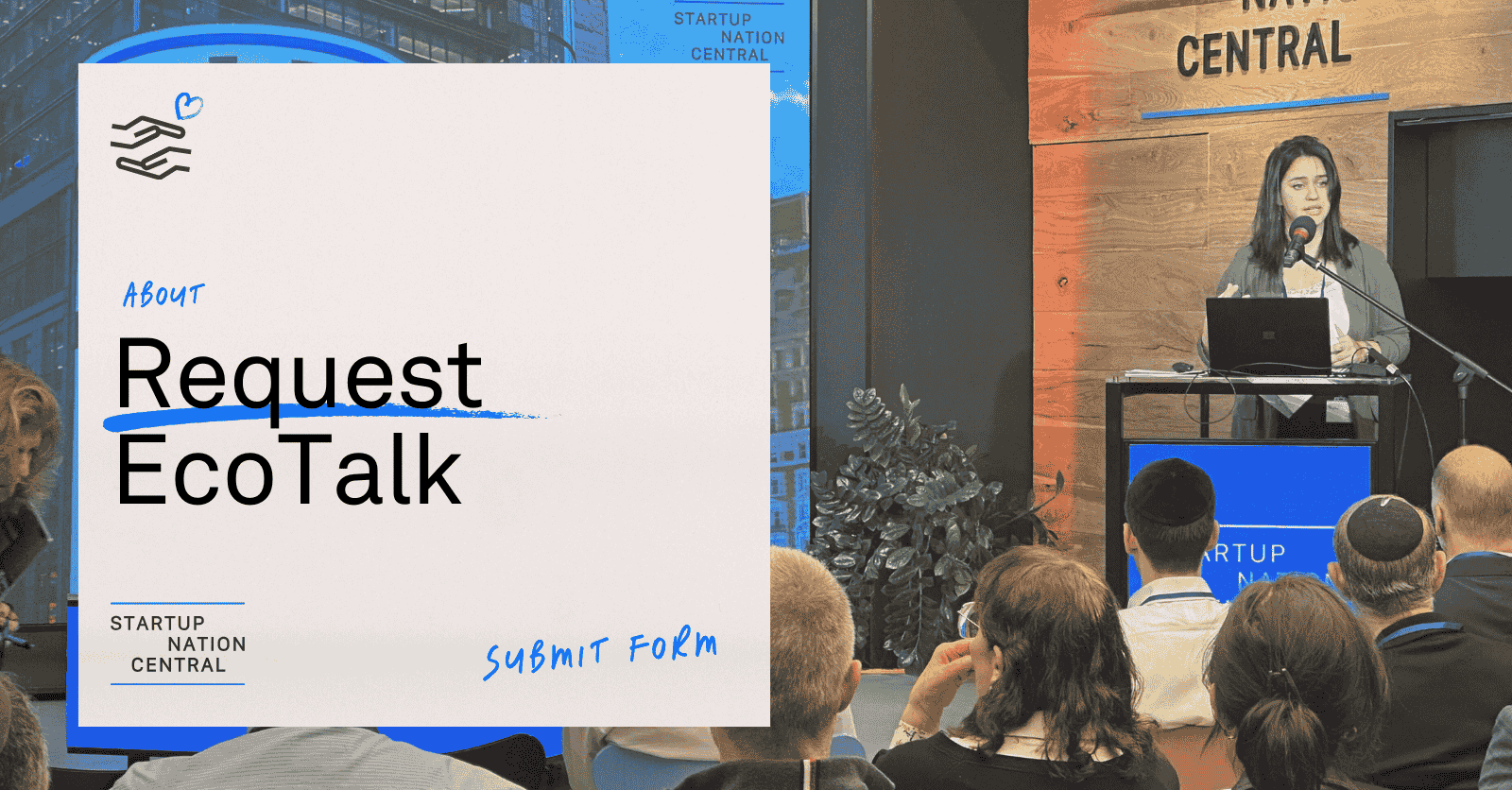
 Business Opportunities
Business Opportunities Investment in Israel
Investment in Israel Innovation Diplomacy
Innovation Diplomacy Leadership Circle
Leadership Circle

